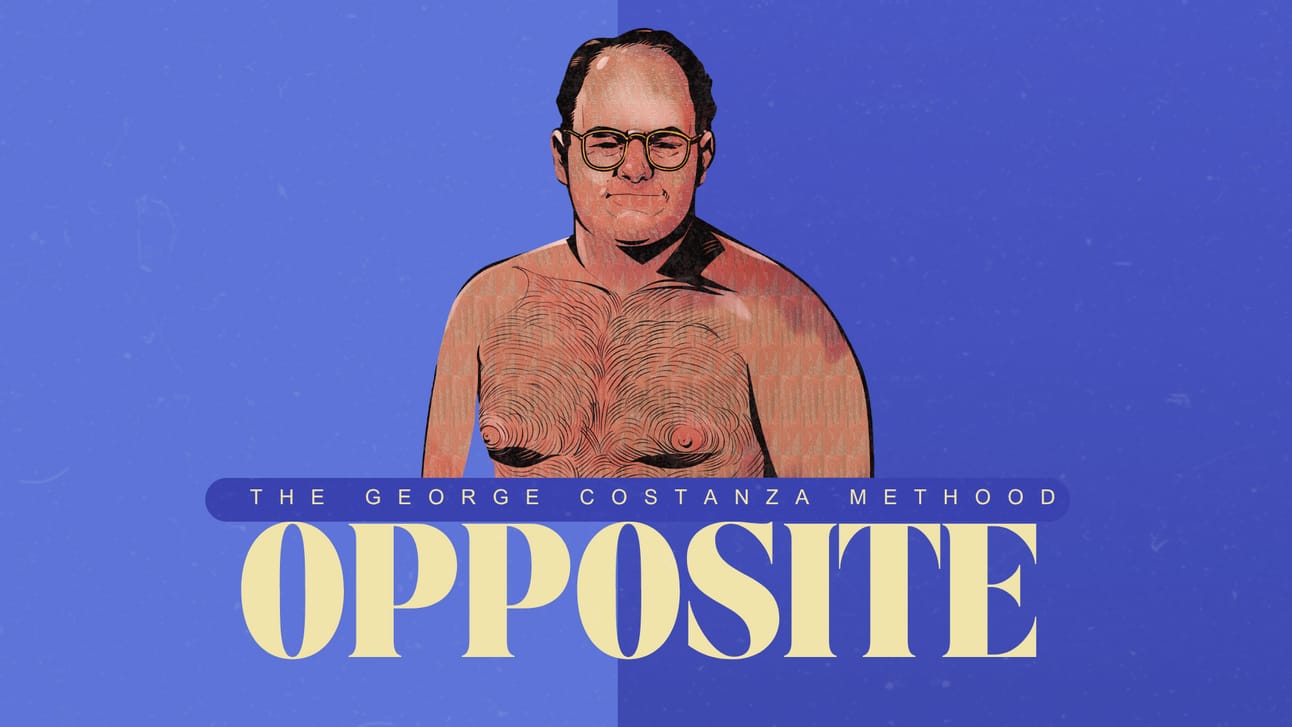
Listen now on Spotify and Apple Podcasts
👋 Hey dumdums,
I still remember when my youngest was about seven and watched me make coffee one morning. "Why do you pour the water through the dirt?" she asked. I started explaining about grounds and filters, then stopped. I'd been making coffee for fifteen years and genuinely didn't know why we do it this way instead of just stirring it like tea. Turns out, neither did three other adults in the room. We spent twenty minutes googling the history of drip coffee. Now I know more about percolation than I ever wanted to, all because a kid asked the obvious question the rest of us had stopped asking.
There's a strange power in strategic stupidity. Not actual incompetence, but the deliberate choice to admit confusion, ask basic questions, and pretend you're learning something for the first time. The experts call this beginner's mind. The rest of us call it uncomfortable.
Here's the counterintuitive part:
The smartest people actively practice not knowing.
They explain complex ideas to rubber ducks. They ask questions that make them sound clueless. They pretend their decades of expertise don't exist. And somehow, this makes them better at their jobs.
The paradox is simple.
Knowledge accumulates like sediment. After a while, what you know starts blocking what you could learn. Your expertise becomes your ceiling. The only way to break through is to occasionally cosplay as an idiot.
🦆 The Bathtub Confidant
In 1999, software developers Andrew Hunt and David Thomas wrote about a programmer who kept a rubber duck on his desk. When his code broke, he'd explain the problem to the duck, line by line, in the simplest possible terms. By the time he finished talking to a plastic toy, he'd usually found the bug himself.
This became an actual practice in programming. Major tech companies now give new hires rubber ducks as part of their welcome kits. The method works because explaining something to a creature with a brain the size of a marble forces you to strip away jargon and actually understand what you're doing. The duck doesn't judge. It just sits there, yellow and helpful, exposing the holes in your thinking.
🎓 The Feynman Trick
Nobel Prize-winning physicist Richard Feynman had a learning technique so effective that it's taught at universities worldwide. The method: Take any concept and explain it like you're talking to a sixth-grader. If you can't do it without using technical terms, you don't really understand it.
Feynman insisted that complexity is usually a mask for confusion. When you're forced to teach something in simple language, you discover exactly where your knowledge gets fuzzy. The technique works because children won't let you hide behind fancy words. Neither will rubber ducks, for that matter.
🧘 The Zen of Knowing Nothing
In Zen Buddhism, there's a concept called shoshin, which translates to "beginner's mind." The idea, popularized by Zen teacher Shunryū Suzuki in his 1970 book Zen Mind, Beginner's Mind, is simple: "In the beginner's mind there are many possibilities, but in the expert's there are few."
Experts get trapped by their expertise. They stop asking questions because they assume they already know the answers. Beginners don't have that problem. They're curious, open, willing to look stupid. Suzuki argued that the goal isn't to become an expert but to stay a beginner forever, approaching every moment like it's the first time.
🧠 Brain Science B-Side

Hal Gregersen, who runs MIT's Leadership Center, spent 30 years studying the world's most innovative CEOs. He found something unexpected: the best leaders spend 30% of their time actively exploring new ideas by asking what he calls "catalytic questions." These are the questions that feel almost embarrassingly basic, like "Why do we do it this way?" or "What if we started from scratch?"
In his research involving thousands of leaders, Gregersen discovered that structured question sessions, where people only ask questions rather than propose solutions, reframe challenges successfully 80% of the time and generate at least one valuable new idea. The kicker: asking questions instead of giving answers makes people feel better about the problem, which increases the odds they'll actually solve it.
Meanwhile, researchers studying intellectual humility found that it's more of a state than a trait. You're not either humble or arrogant; you toggle between them depending on the situation. Which means playing dumb isn't a personality flaw. It's a skill you can practice.

Aporia (uh-POR-ee-uh)
From the Greek aporía, meaning "impassability" or "without passage." In philosophy, it refers to a state of productive puzzlement, the moment when you realize you're stuck and genuinely don't know the answer. Socrates was famous for leading people into aporia, asking questions until they admitted they had no idea what they were talking about. This wasn't cruelty. It was the starting point for actual understanding.
Use it in a sentence: "After three hours of explaining blockchain to my mom, we both reached aporia and ordered pizza instead."
Pick something you think you understand. Really understand. Maybe it's your job, or how your car works, or why people like jazz. Now try explaining it out loud to an inanimate object. A coffee mug. A houseplant. A suspicious-looking throw pillow. No jargon allowed. If you stumble, great. You just found the edge of your knowledge. Now you know where to start learning again.
Or try this: In your next meeting, ask the most basic question you can think of. The one that makes you sound like you weren't paying attention for the last six months. Watch what happens when you give everyone else permission to admit they're confused too.
Until next week, keep talking to your ducks, asking your dumb questions, and remembering that the smartest thing you can say is still "I don't know."
David 🎉
Dumbify: Dumb Ideas, Delivered Weekly (You’re Welcome).








